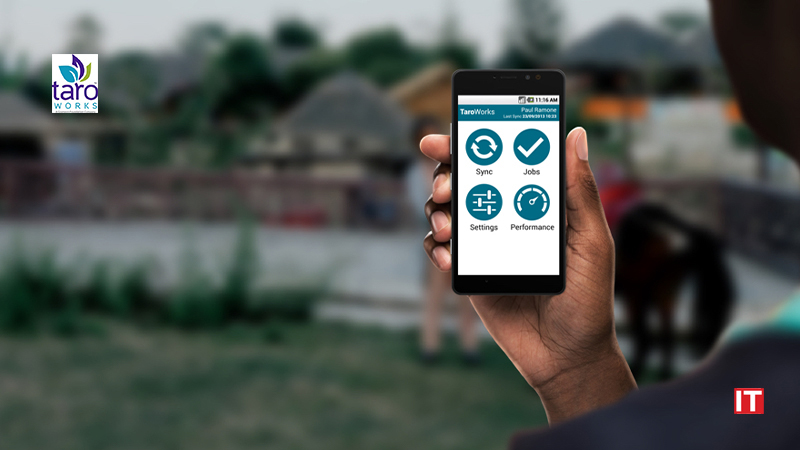TaroWorks, the offline mobile field service app, is awarding a $20,000 grant (funded by Qualcomm through its Qualcomm® Wireless Reach™ initiative) to subsidize the digitization of a social enterprise or for-profit organization’s last mile distribution operations in vulnerable communities.
TaroWorks, whose mobile app helps last mile distributors manage and gain greater visibility into sales, inventory, and product maintenance while offline in places like rural India, will award the $20,000 grant to a qualified social enterprise or for-profit organization to contribute to the cost of configuring and deploying TaroWorks’ inventory management system – TaroWorks Enterprise. TaroWorks is accepting applications for the grant from now until October 14, 2022. This is the second round of the grant, the first round focused on nonprofits during the spring of 2022.
Also Read: PHC Corporation Officially Launches New SaaS Product “digicare Analytics”
“We have heard from many organizations that they lack the financial support they need to implement digital solutions to serve the last mile,” said TaroWorks CEO Brent Chism. “Qualcomm® Wireless Reach™ is covering the costs of designing and implementing TaroWorks tools for one of those organizations, which at the same time will help us learn from last mile distribution managers about what their industry needs to better serve base-of-pyramid communities.”
“Qualcomm is excited to continue our long-term partnership with TaroWorks, and to help drive the impact of nonprofits making a difference by distributing life-changing goods at the last mile,” said Angela Baker, Chief Sustainability Officer, Qualcomm. Qualcomm Wireless Reach has been a proud supporter of TaroWorks since 2014.
Making Last Mile Delivery More Effective
“Distributors who are serving these ‘last mile’ populations…play a crucial role in sustainable development by driving demand for beneficial products and delivering them to hard-to-reach consumers,” wrote leaders of the Global Distributors Collective (GDC), a worldwide coalition of last mile distributors who reach more than 33 million people in last mile households with solar lights, clean cookstoves, and water filters. “While the importance of last mile distribution is increasingly recognized, funding is still not flowing into this space,” they added.
Last mile delivery is considered “the most inefficient process of the entire supply chain” according to a majority of transportation and logistics companies surveyed in a 2020 study of the U.S. and Canadian industry sector. The same group agrees it is critical for companies to “ensure a mobile-first strategy around last mile delivery” by using smartphones, tablets and task-specific apps to improve operations.


































